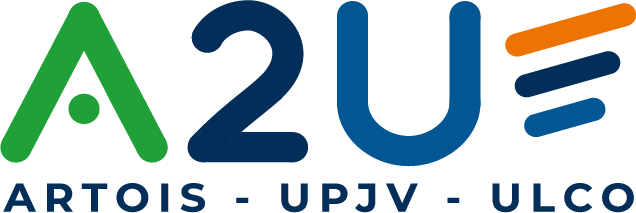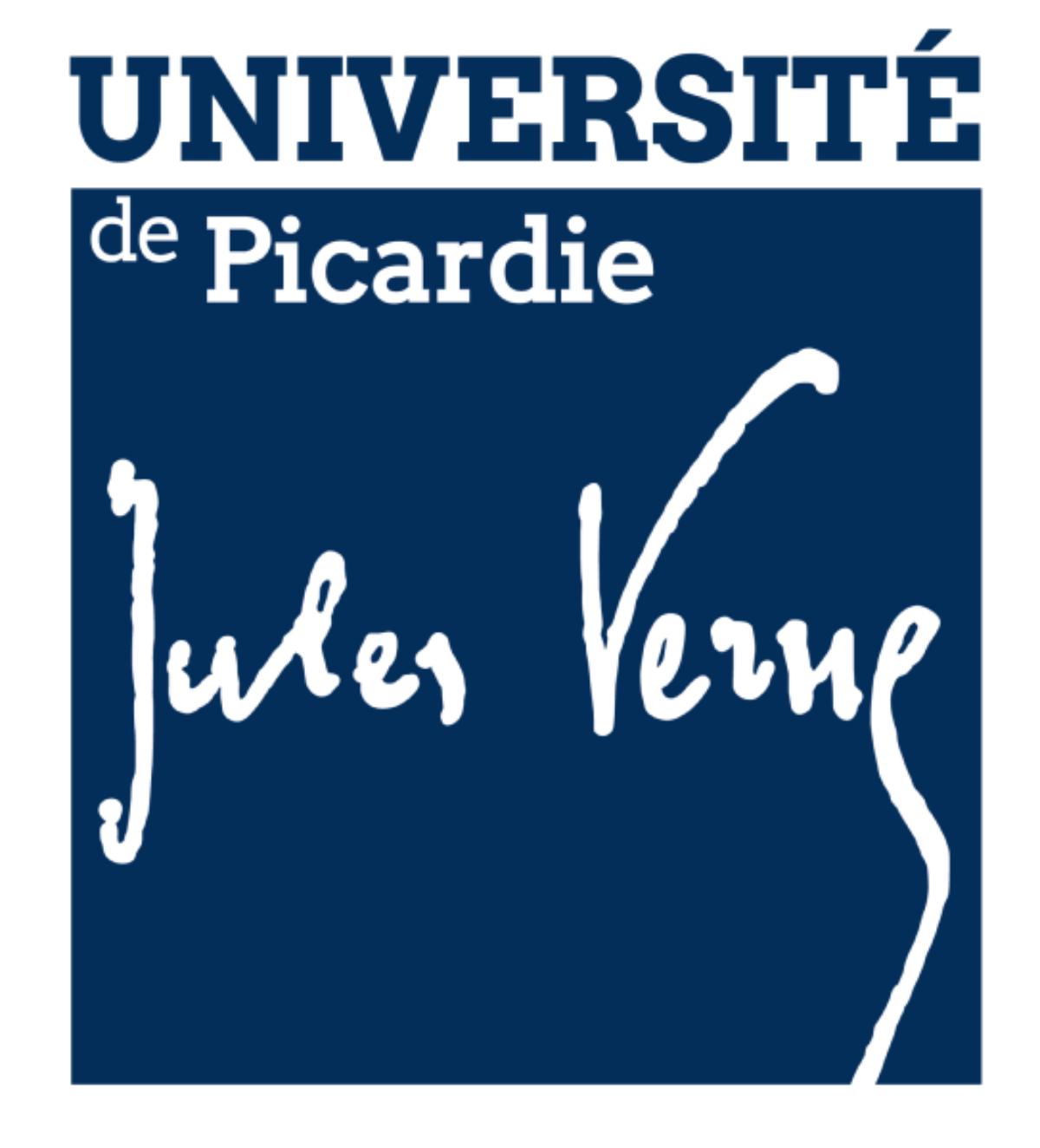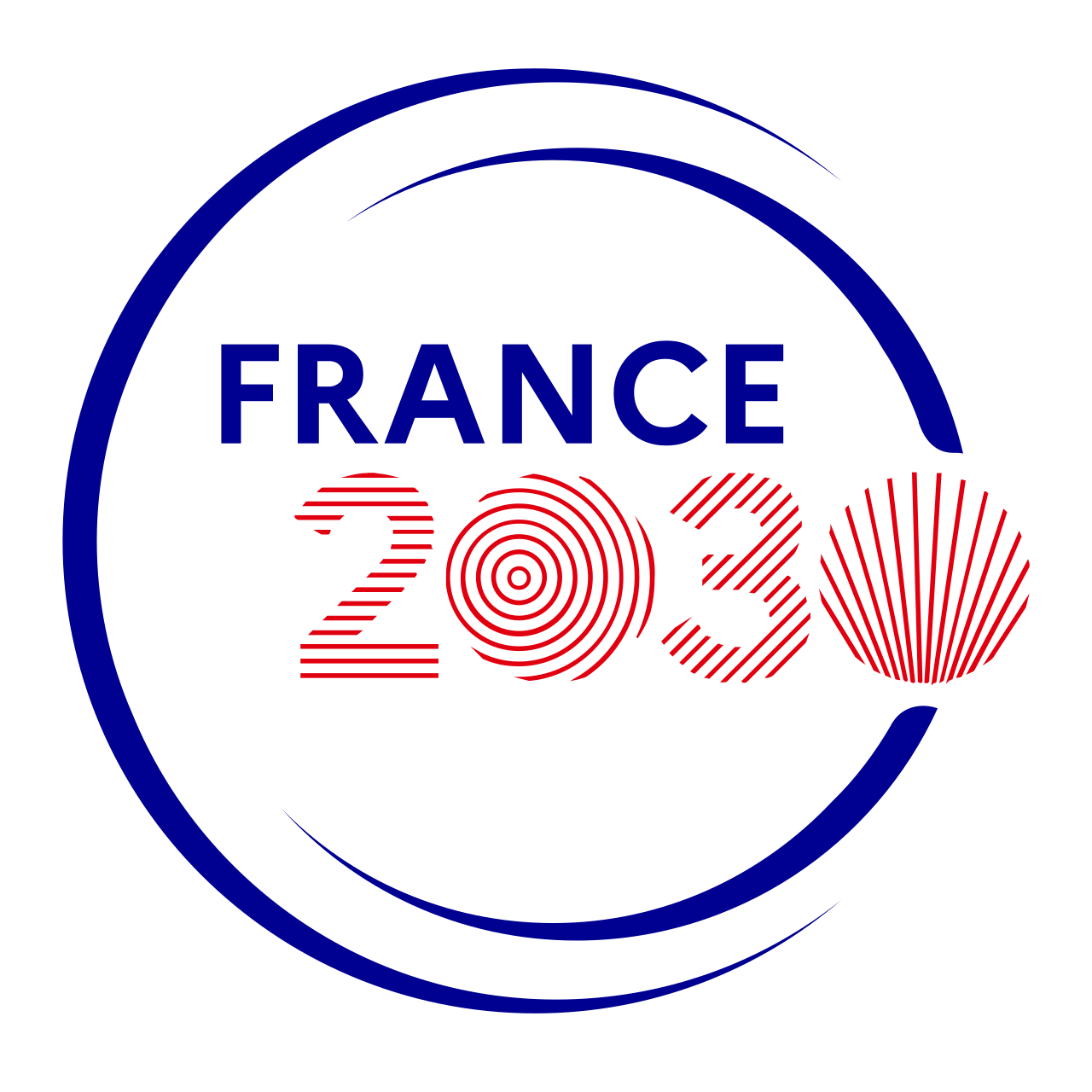Post Docs 2024
Context
The MAIA (Mastery of AI Applications) project aims to develop original and generic research solutions to advance the formal explainability and societal acceptability of AI, with a focus on three key areas: health, chemistry and the environment of the A2U alliance (University of Artois, UPJV and ULCO) as well as for the Hauts de France region (HdF) Funding for post-doctoral positions will be part of the MAIA project's recurring calls.
Frame
This call will be open on a recurring basis (annual) to researchers and teacher-researchers of the A2U alliance working in one of the five axes of the MAIA project: explainable AI (XAI), acceptable AI (SHS question), application of AI in health, chemistry and environment. Priority will be given to collaborative projects integrating several teams or laboratories, or an external establishment (community, company, etc.) Funding will be granted for 12 months.
Selection 2024
Psychosocial Transformation through AI: Optimization of academic performance and student well-being.
Director :
- Aymeric Parant
Host laboratory(ies):
- CRP-CPO (UPJV)
- SHERPAS, URePSS (UArtois)
- CRIL (UArtois)
Summary
- This social psychology research project aims to enhance academic performance and mental health among students through an intervention focusing on growth mindset and mindfulness practices. Its originality lies in leveraging artificial intelligence, particularly large language models (LLMs), to qualitatively analyze intervention data.
Understanding CO2 Flux Dynamics in Global Coastal Waters
Director :
- Roy El Houramy
Host laboratory(ies):
- Laboratoire d'Océanologie et de Géosciences
Summary
- The significant increase in atmospheric CO2 levels raises concerns about its impact on the climate and biosphere. Within the framework of the ANR CO2COAST project led by LOG, an algorithm for estimating partial pressure of CO2 at the ocean surface (pCO2w) has been developed, tailored for coastal regions. However, high-latitude regions were excluded due to the complexity of pCO2w dynamics in the presence of sea ice. This postdoctoral project aims to incorporate high-latitude regions by developing a new pCO2w estimation algorithm and assessing the role of the poles in CO2 flux dynamics. The proposed methodology relies on clusterwise regression to quantify and evaluate pCO2w variability based on satellite-observed physical and biogeochemical parameters. Operationalizing this algorithm will generate datasets offering a global perspective on coastal CO2 fluxes, enabling the study of a comprehensive time series from 1997 to the present with high spatio-temporal resolution. This clusterwise methodology will also highlight regional characteristics and ecosystem-specific dynamics in coastal areas. The findings will improve our understanding of coastal waters' contribution to global carbon fluxes and help the modeling community refine global carbon cycle models.
Automated workflow for cyclodextrins data discovery
Director :
- Adlane Sayede
Host laboratory(ies):
- UCCS UMR NRS 8181
Summary
- The primary goal of the project "Automated Flow for Cyclodextrin Data Discovery" (AFlowCD) is to establish an automated process for exploring data related to cyclodextrins, focusing on parameters such as the association constant (K), Gibbs free energy, pH, temperature (T), and the various analytical techniques used to determine K. The required data will be sourced from scientific articles, books, patents, and both structured and unstructured databases. These datasets will then be used to train a model for predicting K. Expected outcomes include a more robust and diversified database, significantly enhancing the existing LightGBM model. This improvement aims to strengthen the accuracy of predictions concerning the Gibbs free energy of complexation between guest organic molecules and cyclodextrins. Automating the data extraction process will increase the efficiency of collecting relevant information. Scientifically, the project seeks to deepen the understanding of cyclodextrin properties, particularly modified ones, while broadening the potential applications of these compounds. From an industrial perspective, the anticipated results could lead to the development of novel approaches in the design and use of cyclodextrins, paving the way for innovative applications in fields such as pharmacology, food technology, and materials science.
AI Trustworthiness Framework - Navigating the interplay between Law and Standards
Director :
- Marion Ho-Dac
Host laboratory(ies):
- CDEP (UArtois)
Summary
- The proposed research aligns with the normative framework of the European AI Act, currently under negotiation and expected to be adopted in 2024. This legislation establishes a horizontal regulatory framework for artificial intelligence systems (AIS) to promote trustworthy, human-centered AI. The AI Act’s legal requirements (transparency, human oversight, robustness, data governance, non-discrimination, risk management, etc.) must be "translated" into harmonized standards to be developed by European standardization bodies for the European market. In this context, how can a normative architecture for trustworthy AI in the EU be constructed to be readily applicable for stakeholders? The research focuses on bridging the legal requirements (the AI Act) and technical standards (future harmonized standards based on the AI Act) to implement the EU's AIS regulation. The objective is to produce a reference framework for trustworthy AI governance (combining law and standards) for public authorities and industry, thereby contributing to increasing AI’s acceptability in society.





